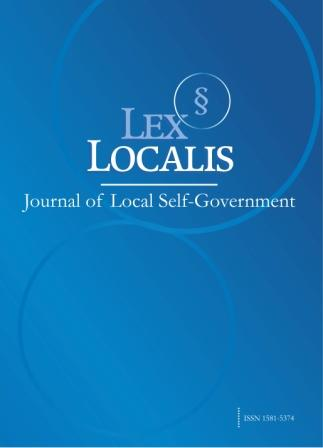SPECIAL POWERS OF HIGH COURT REGARDING BAIL
DOI:
https://doi.org/10.52152/5mmyjy87Keywords:
Law of bail, session court, high court, section 439, 437 etc.Abstract
Judges play a critical role in granting bail to the indicted since they have broad discretion over whether or not to grant bail. Although the power must be exercised judicially, the scope of discretion varies from judge to court. As a result, judges must be actively involved and open-minded in order to discover the truth not only in bail proceedings, but in all cases tried before them. The particular powers as higher courts have been granted to the High Court and the Court of Session. This clause grants the High Court or the Court of Session unrestricted power to admit an indictment to bail. The main aim of this research is to study the power of high court regarding the bail. The result of the study is shows that the Sessions Court and the High Court have specific bail-granting powers. Section 439 of the Criminal Procedure Code delegated sole competence to the High Court or Sessions Court in this situation. Section 439 extends the jurisdiction to provide bail beyond that of Section 437. Before bail can be granted, both parties must attend a court. If a Sessions Court grants bail, the High Court might revoke it.
Downloads
Published
Issue
Section
License
Copyright (c) 2025 Lex localis - Journal of Local Self-Government

This work is licensed under a Creative Commons Attribution-NonCommercial-NoDerivatives 4.0 International License.








